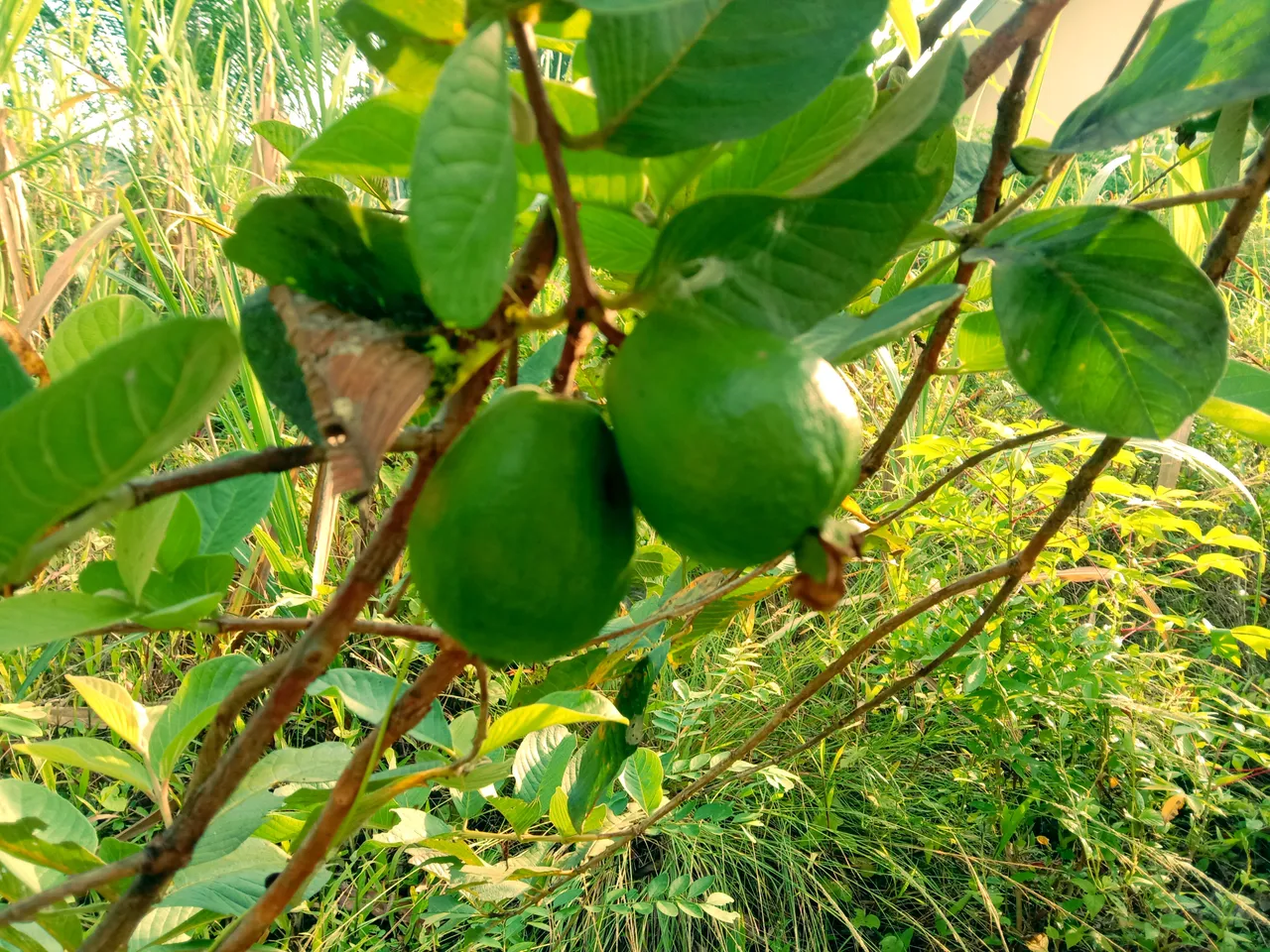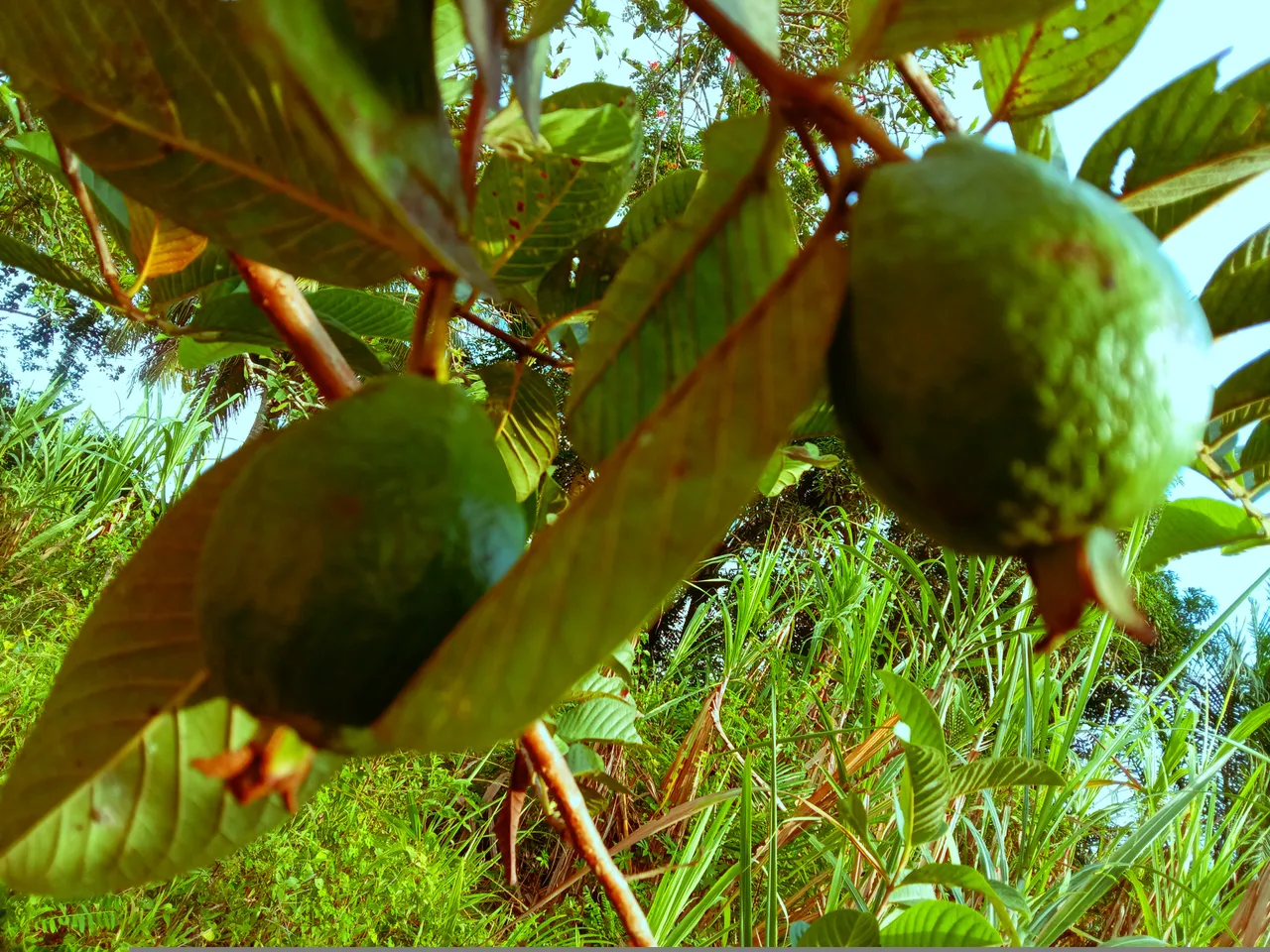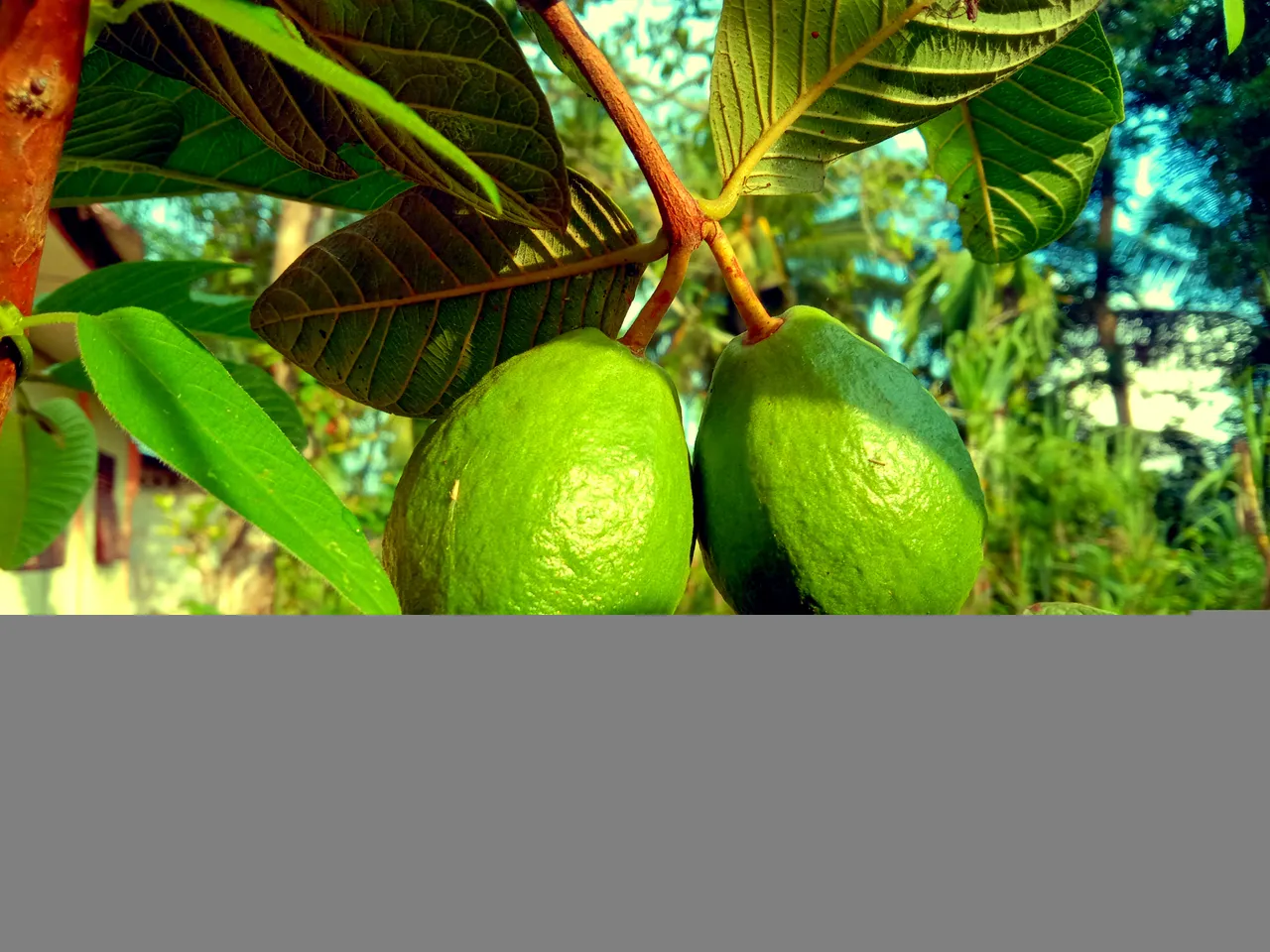Delicious guava eaten directly. Besides being sweet, guava has many health benefits when consumed regularly.
Guava, a fruit that is easily found in gardens, traditional markets, and modern markets.

Guava has a sweet and crunchy taste when fully ripe. Besides being sweet, guava turns out to be good for health.
Not only in ripe condition, guava fruit is even often eaten raw or half-ripe for rujakan.
Those of you who like to eat guava are very lucky. This is because, behind its refreshing taste, guava fruit is proven to have various health benefits.
What are the benefits?
- Help treat dengue fever (DHF)
Launching The Book What Your Doctor Didn't Say About Dengue Fever (2008) by dr. Genis Ginanjar, although research on the efficacy of guava and its leaves has not been clinically tested too much, there is nothing wrong with giving guava to DHF patients.
Because, this tropical fruit includes foods that contain high vitamin C. In fact, the content of vitamin C in guava can reach 3-6 times more than oranges and 10 times more than papaya.
The content of vitamin C contained in guava flesh can be useful as a prevention of fragility (fragility) of blood vessel capillaries, and directly reduce the risk of bleeding in patients with DHF.
As is known, the manifestation of bleeding in patients with dengue fever depends on three factors, namely:
Platelet count factor
Factors for fragility of blood capillaries
Components of blood clotting

- Maintain normal blood pressure
In addition, guava also plays a role in maintaining blood pressure in optimal conditions. This is because guava is a good source of potassium.
In severe conditions, the role of potassium can prevent shock due to an uncontrolled drop in blood pressure.
- Treating canker sores until the gums are swollen
Because it contains high vitamin C, guava can also be used to help treat canker sores and swollen gums.
This is because vitamin C plays a role in the wound healing process and builds the body's resistance to infection.
Launching the book Guava: Culture and Various Uses (2007) by Primin, SP, most of the vitamin C in guava is concentrated in the skin and outer flesh, which is soft and thick.
The content of vitamin C in guava reaches its peak when it is approaching maturity. So, consuming guava when it is ripe will be better than before it is ripe or too ripe.

- Streamlining the digestive system
Guava also contains tannin compounds that cause astringent taste in the fruit, but are useful in facilitating the digestive system and blood circulation, as well as attacking viruses.
- Lowers cholesterol
In addition, guava is also rich in fiber, especially pectin or water-soluble fiber which is useful for lowering cholesterol by binding to cholesterol and bile acids in the body and helping their excretion.
- Maintain regular heart rate
Guava also contains potassium which can function to increase the regularity of the heart rate, activate muscle contractions, regulate the delivery of nutrients to body cells, and reduce total cholesterol levels and high blood pressure (hypertension).
- Maintain the immune system to prevent cancer
In guava also found lycopene, which is a carotenoid substance (an important pigment in plants) which has antioxidant activity to fight cancer.
Guava contains a lot of lycopene, especially guava which has red flesh.
- Prevent anemia
Vitamin C contained in guava can help the body absorb iron. As is known, iron is needed by the body for many purposes.
Launching WebMD, without adequate iron intake, the body cannot produce enough hemoglobin, the protein in red blood cells that carries oxygen to body tissues.
As a result, a person may feel tired, irritable, short of breath, and heart palpitations as symptoms of anemia.
- Maintain eye health
In addition to vitamin C, guava also contains vitamin A that the body needs. In 100 grams of guava, contains at least 25 SI vitamin A.
Launching Health Line, vitamin A is an important nutrient that plays a role in many body processes, including:
Immune function
Reproduction health
Skin health
Body growth
Maintain eye health or vision function
Vitamin A deficiency itself can be a major cause of blindness, especially in developing countries.

- Helps reduce weight
Launching Medical News Today, the nutritional content in 100 grams of guava fruit includes:
Calories: 68 kcal
Carbohydrates: 14.32 grams
Sugar: 8.92 grams
Fat: 0.95 grams Fiber: 5.4 grams
Potassium: 417 milligrams
Vitamin C: 228.3 milligrams
Vitamin A: 624 international units (IU)
Because it is low in calories and high in fiber, guava is a friendly food ingredient for people who are on a diet and weight loss program.
The fiber in guava can keep you full longer. In other words, this fruit can be an option if you are looking for a snack that is suitable for weight loss.
- Lowers blood sugar levels
Launching the Book of Herbal Medicine to Conquer Diabetes (2013) by Ning Harmanto and dr. Prapti Utama, guava contains lots of fiber and antioxidants (vitamin A, vitamin C, beta-carotene, and folic acid) that can help lower blood sugar levels.
Not only that, guava is also rich in calcium, potassium, iron, and B vitamins which are also useful for the body
